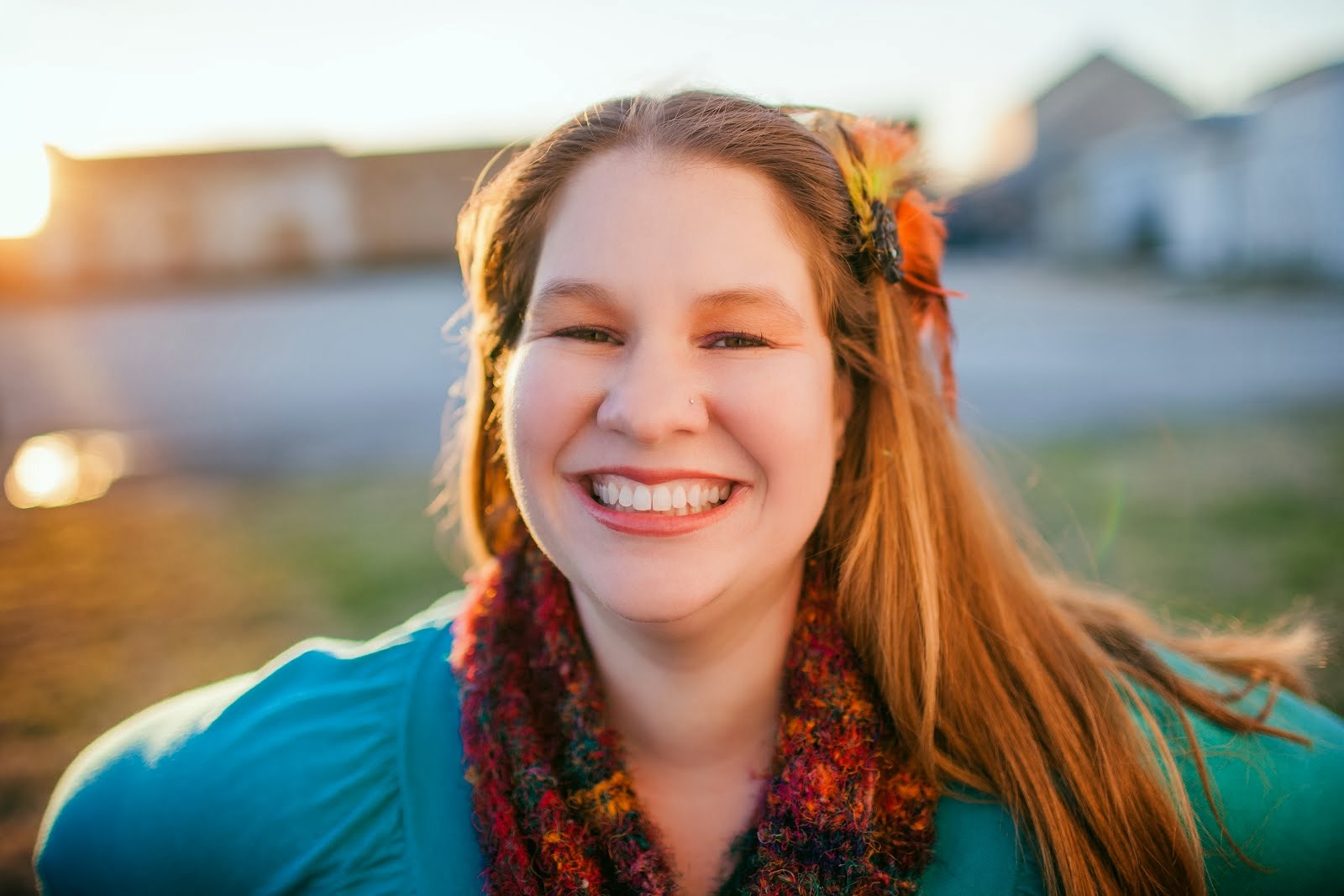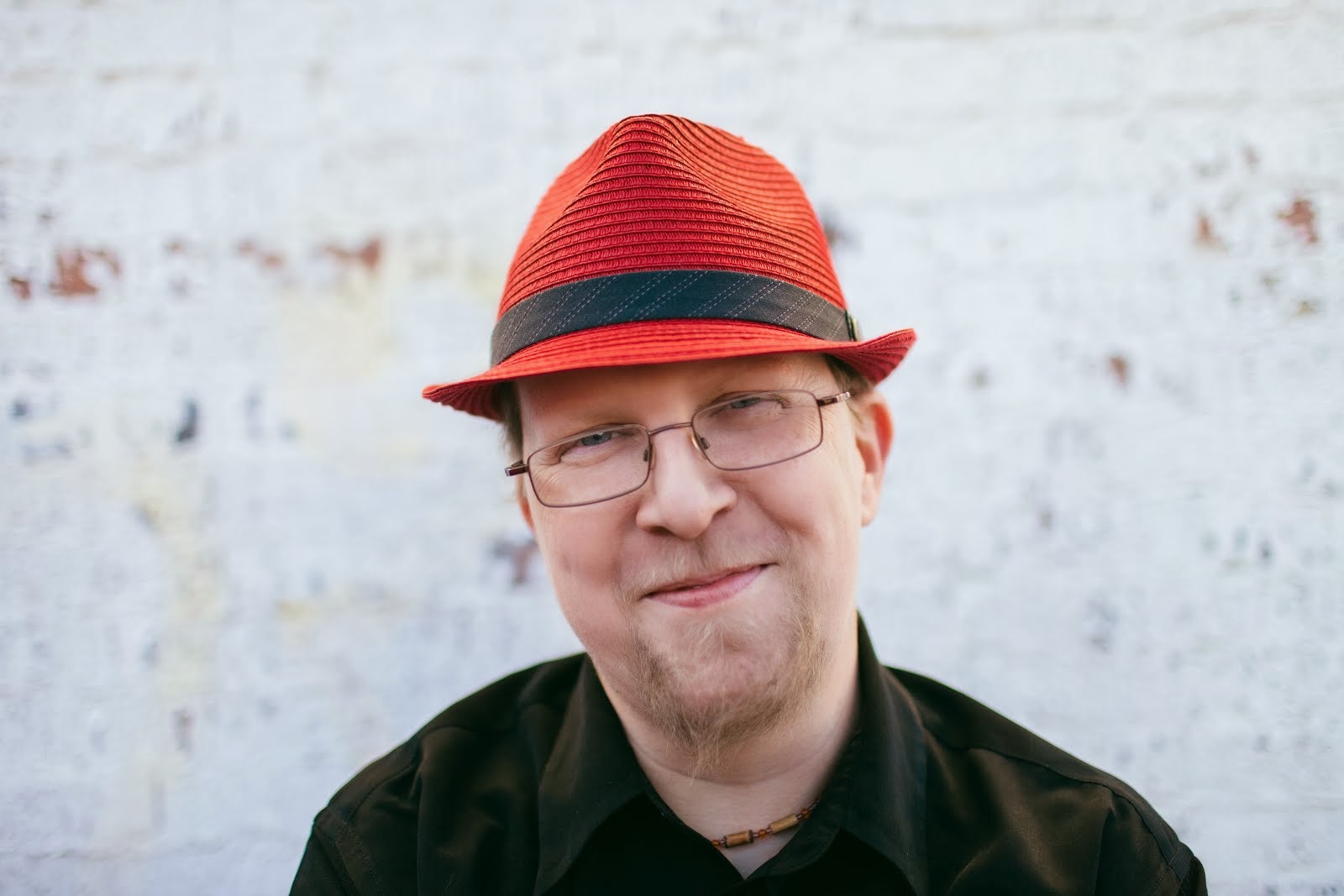This post has (obviously) been sitting, unfinished, in blogger for quite some time. Today, I felt the need to bring it to some kind of completion and publish it.
By now, you have probably heard or read the NRA's response to the December massacre in Sandy Hook calling for (of course) more guns. While I will not express my feelings about that particular aspect of this speech, I do want to address a less publicised call for a national registry of mentally ill people. Let me allow you to mull that over for a moment. A national. registry. for mentally ill people. Exactly who would be on this registry? People with autism? Schizophrenia? Down Syndrome? Those who battle with manic-depression? What about women who experience postpartum depression? Teenagers who struggle more heavily transitioning into young-adulthood than others? Should all of these people be stigmatised? I ask you to consider, for a moment the people that you know and love. Think about the state of the economy and just how difficult it can be to find even a mediocre job. Now consider that approximately 1 in 4 adults suffer from some form of mental illness. That means that unless you have fewer than four people that you love, there's a very good chance that one of them probably struggles in some way with some form of mental illness. What good would a registry consisting of 26.2% of the population do? Is anyone really naive enough to believe that the stigma of having to register like some sort of criminal is going to help someone who is mentally ill? What do you think that's going to do for their chances of finding that mediocre job? Forget about a GOOD job. You are probably aware that homelessness in the US is at epic proportions, and that mental illness is listed as one of the leading causes of being homeless. How would a national registry for mentally ill folks impact the homeless epidemic? What about the unemployment rate?
Mental illness is no laughing matter. It impacts us all in some way, yet of all the different kinds of illness a person can have, none is so gravely misunderstood, or so often swept under the rug. Seeking help is confusing and overwhelming. Mental health care is typically covered under a different plan than regular health care. Even with insurance, care is costly, and can be quite difficult to find providers that do accept health insurance. It seems that because there's no litmus test - mental health is not determined by a blood draw, or X-ray, but by people who talk about your feelings - that there are those who disregard these illness as unimportant or "all in your head". A very wise friend once told me "You know, if someone has poor eyesight, we don't tell them 'Well, if you just pray about it enough, God will make your eyes better.' We tell them to go to a doctor and get glasses." As a Christian, however, that's often what people do. Just yesterday, I saw this video stream in my facebook feed with an awful "pastor" saying that "No Christian ought to be on psychiatric drugs, period" (among other things). Because, apparently, you can preach away a chemical imbalance. * cough * bullshit * cough *
All this is hitting very close to home for me for a very real reason. My Ana struggles with depression and self-harm. I've kept it quiet, but it's really no secret. We live in a small town, and just a few weeks ago she was put in handcuffs in front of the entire school, as everyone was leaving, shoved in a police car, and taken to a mental hospital, as though she was not depressed, but a common criminal. They know she struggles. They know we're doing everything in our power to help her. Doctors, medication, analysing every. little. thing we do. All to try to make her understand just how loved she is and to help her get better. Why in the world they thought that a child struggling with depression would somehow be helped by being humiliated in front of the entire school just because she had written her feelings down in a notebook and had a few very superficial cuts on her arm is absolutely beyond me. Frankly, she had been having a rough week and was denied access to the school counselor, AND they neglected to contact us to let us know that she was having a difficult time of it. This entire incident was absolutely caused by the school's actions. You know what happened when the counselor at the hospital evaluated her (after the mandatory overnight stay)? They called and said "Come get her. I don't know why they sent her. This could have been dealt with by her usual care providers." I just don't even know how we're supposed to best help her. I don't think homeschooling is the best idea, because she needs a LOT of positive reinforcement and a LOT of loving people in her life. On the other hand, what's going on at school doesn't exactly seem positive, either.
I honestly don't really know where, originally, I was going with this post. When I began it back in January, I think I had a very specific end in mind, but it has since flown the coop, so to speak. At this point, I think I just want to raise awareness, as cheesy as that sounds. Look around you today, and recognise that 1 out of every 4 people you see is probably struggling with some form of mental illness. Many more of the people that you see - probably all - will have, in some way, been affected by it. My Ana is a beautiful, highly intelligent, extraordinarily tender-hearted young lady, who happens to have issues with the way she perceives the world around her. Family members, especially parents, of people with depression struggle (and are often more susceptible to depression themselves) enormously, as well. They lie awake at night wondering what they did wrong, if something they did caused it. Sometimes that answer is yes, but for the most part, it's not. I have beat myself up (and sometimes still do, truth be told) until I realised that I am a good mother. Not perfect, by any stretch of the imagination, but good. We could have gotten her help sooner - it's not easy to admit that you can't give your child all the love and affirmation that they need. It's not easy to admit that, although you talk to that child and work with that child, that although you dedicate your life to giving them everything you possibly can, that you're not enough - but the end result would have been the same. Maybe not quite so many bumps along the way, but we still would have a child who struggles with depression.
One of the things I've discovered in this journey is that, unfortunately, you are going to lose some friends over it. Because mental illness is so gravely misunderstood, people don't realise just how emotionally taxing it is. Until you've got it under control, your whole life becomes all about how you can help that person. So you end up dismissed as high-maintenance, or selfish. Perhaps you have to cut back on outside activities, or spend less time with friends, and people resent you for it. Whatever. You probably weren't really mentally present for those activities anyway. And obviously those people weren't emotionally invested enough in you to stick it out. So give yourself a break. The other thing I've discovered is that families of people struggling with mental illness need to stick together. I wish there were some kind of online community to turn to (feel free to link me one if you know!) I'm sure, if I looked, I could find a support group of some sort but, good golly, miss molly, where would I find time for it?
I guess what I really want to say is that if you or someone you love is struggling with depression or another form of mental illness you are not alone. Don't be ashamed. Don't be afraid to get help. If you are a parent of a child who is depressed, it's probably not your fault. Don't wait another day to make that appointment. Pick up the phone right now and find yourself a good doctor. And when you're through, if you want to, give me a call. I totally understand.
Monday 4 March 2013
Subscribe to:
Posts (Atom)



